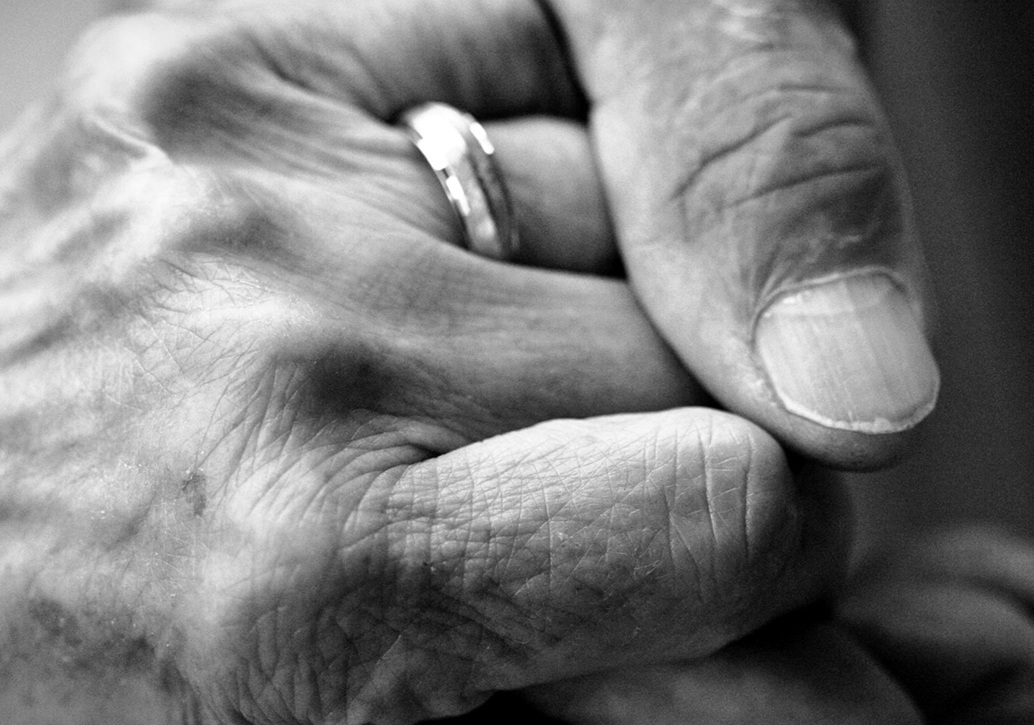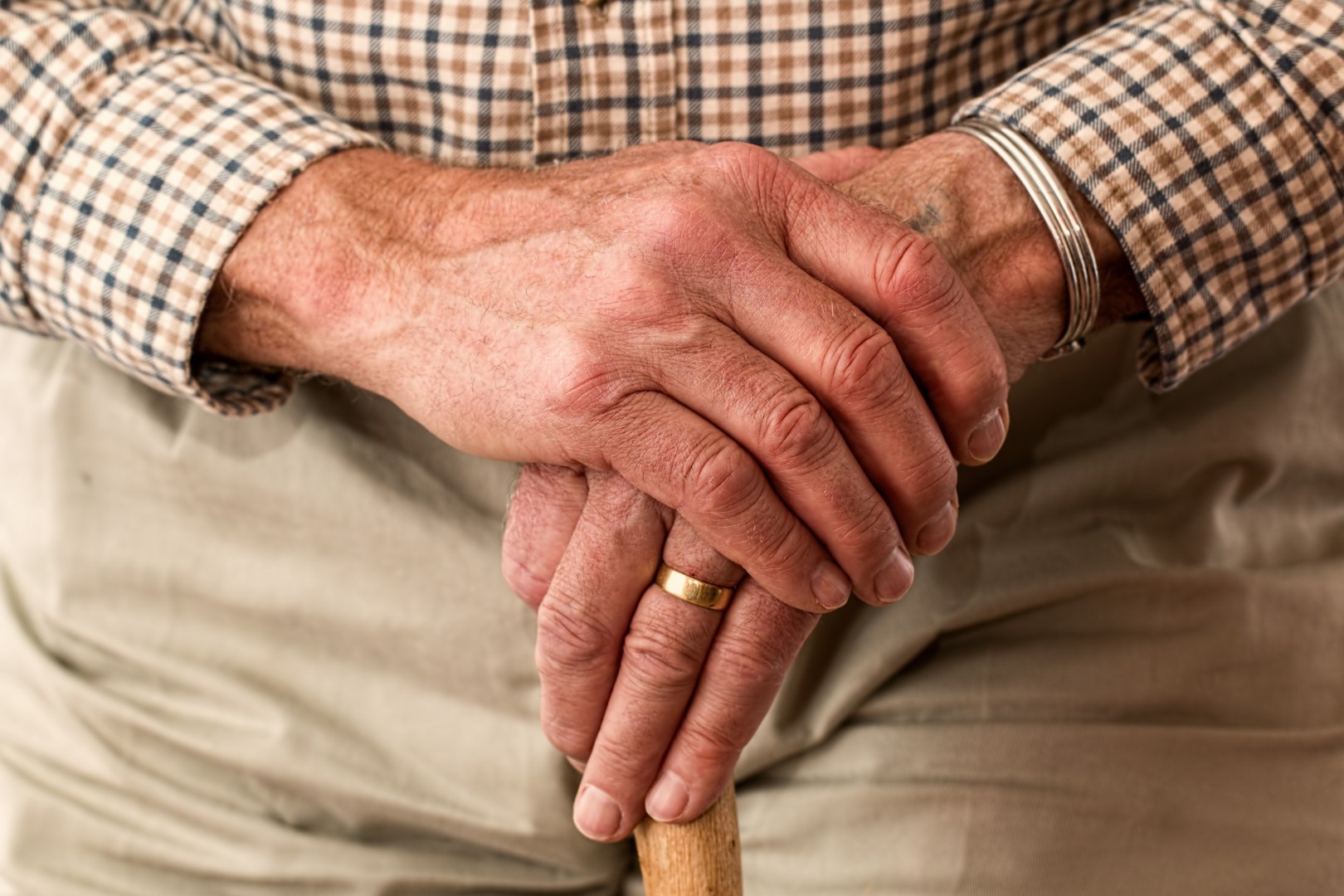
Palliative Care- letting your senior loved on pass at home Palliative care is a type of healthcare specifically designed for individuals and their families facing life-threatening illnesses that are in their advanced stages. This information helps to address common questions seniors have about palliative care, also known as hospice care. It helps to provide guidance on where seniors can access further information about available services. What is palliative care? Palliative care is to help enhance the quality of life for those who are critically or terminally ill, prioritizing their comfort and dignity. It is care that is commonly provided to cancer patients, as well as individuals dealing with advanced heart, respiratory, kidney disease, Alzheimer’s Disease, AIDS, multiple sclerosis and much more. The main focus of palliative care is to alleviate the pain and manage other symptoms that can become distressing. Palliative care is a comprehensive approach that helps to address the diverse needs of both the family and their loved one. It…

Creating a Legacy for Your Parent A common regret of adult children who have lost their parents is the wish that they had asked and understood more about their own family history. This is particularly true for family caregivers, whose focus on the present is necessitated by the practical concerns of getting through the day. Making time to learn more about the past seems like a luxury for many caregivers. But taking that time may be beneficial to those we love and care for and provide an important opportunity to redefine and enhance our familial connections. An essential challenge for our loved ones as they approach old age is to relinquish the need to exert control and to harvest the meaning of their lives through imparting legacy. Part of facilitating this important life review is to bear witness to memories, which form the very foundation of identity and can serve as an intangible link in a powerful chain that connects us to generations that came before us. As our parents struggle to come to terms with their losses,…

Palliative Care – letting your senior loved one pass at home Palliative care is a special kind of health care for individuals and families who are living with a life-threatening illness, usually at an advanced stage. This information sheet answers some of the questions seniors frequently ask about palliative care (sometimes called hospice care). It also suggests where seniors can learn more about the services available. What is palliative care? The goal of palliative care is to provide the best quality of life for the critically or terminally ill by ensuring their comfort and dignity. Many cancer patients receive palliative care, as do others coping with advanced heart, respiratory and kidney disease, Alzheimer Disease, AIDS, multiple sclerosis, etc. An important objective of palliative care is the relief of pain and other symptoms. Palliative care is planned to meet not only physical needs but also the psychological, social, cultural, emotional and spiritual needs of the ill person and his or her family. Amy’s Helping Hands provides palliative…

When it’s time to Die: Home is Where the Heart is Ten days after bringing him home from the hospital, Irene Geley watched her father, Stefan Kuszper, die. The last 15 minutes were terrible, she remembers – his breathing changed, his face was jerking and his chin was twitching. The last shot, to ease his pain, was injected by her hands. “I have no regrets about anything” she said recently, adding: “My regret is that we did not bring him back [home] sooner.” Ms. Geley had watched her 86-year-old father, a truck driver whom she described as a tough guy, try to pull out his IV and refuse to take his medicine at Toronto’s Sunnybrook Health Sciences Centre. Mr. Kuszper suffered from dementia, but still had a firm grasp on one fact: he did not want to die of cancer in the hospital. In fact, most Canadians say they would want to die at home, acknowledged a Royal Society of Canada report on end-of-life decision making, released earlier this month. Yet it’s a rare feat: Canada ranked ninth in an international Quality of Death index…

















